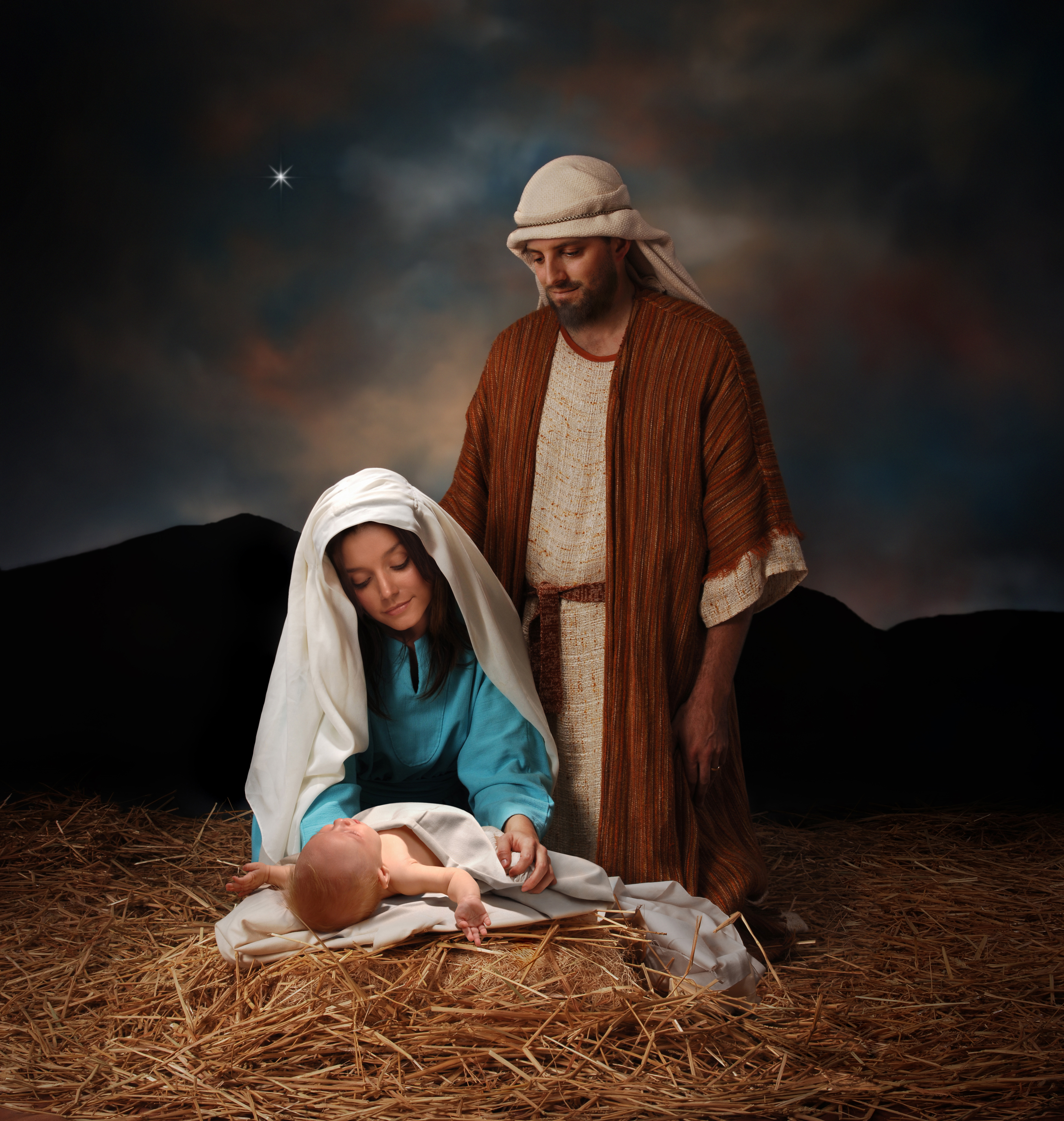Addresses to the Seven Churches in Asia

Revelation 2:8-11
Smyrna
Smyrna was situated about 40 miles north of Ephesus. The name Smyrna has the same root as the word myrrh, a spice used in embalming dead bodies, and is a symbol of suffering, death, burial, and, ultimately, resurrection. It is no doubt for this reason that it is included in the list of ingredients of the holy anointing oil in Exodus 30. Its perfume is obtained by the shrub being crushed. It is clearly emblematic of the sufferings of Christ, and their fragrance to God. The suffering Christians at Smyrna were themselves a sweet fragrance to the Lord Jesus.
All through the church’s history, times of material and social affluence have been accompanied by spiritual poverty, but times of poverty and tribulation generate spiritual enrichment. The Lord allowed persecution to come upon Smyrna to purify and refine them. The letter is full of references to suffering and associated concepts. Sufferings purify. Sufferings strengthen faith, courage and faithfulness. Sufferings always precede true glory (1 Peter 1:11).
This letter is the shortest of the seven letters, and, like the others, was written at the end of the first century A.D. By this time, the city of Jerusalem had been totally destroyed, and the nation of Israel, as an entity, had ceased to exist. The Jews were scattered all over the world. It describes, prophetically, conditions in the period of the Church's history during the years of persecution that continued for about two centuries after the Apostolic period came to a close.
These persecutions did their purifying, refining work at Smyrna. The message is for the comfort and encouragement of suffering Christians at all times.
Verse 8
And unto the angel of the church in Smyrna write; These things saith the first and the last, which was dead, and is alive;
The Book of Revelation brings to a fitting climax all the threads traceable through scripture. In it, the Lord Jesus is repeatedly referred to as either the The First and The Last, The Alpha and The Omega, or The Beginning and The End. As The First and The Last, He is the sum and substance of all that God is, the personal expression of the very Being of God. As The Alpha and The Omega, the first and last letters of the Greek alphabet, the language in which the New Testament was written, He is the sum and substance of all that God has to say; the personal expression of the thoughts of God. As The Beginning and The End, He is the sum and substance of all that God has done, is doing and will ever do.
Thus, the phrase The First and The Last suggests the eternity of His Being. He presents Himself in this way to these saints because it looked as if the assembly (under persecution) was going to fade away or die out. The lesson to be learned is that the One Who is eternal in His Being will Himself preserve eternally His own, His body, His church. What a tremendous consolation and encouragement in days of intense persecution.
The eternity of His Being could not be subject to death. In becoming man, He entered into a condition in which it was possible for Him to die ((Hebrews 2:9, 14). As man, He felt and sympathized with His people on earth in their many trials (Hebrews4:15). Then He showed His personal superiority over death by the way He passed through it and overcome its power. He can therefore sustain those who are faithful to Him, even if they in their day have to taste death for the testimony and for Him.
‘which was dead and is alive’ i.e. lived, after having died.
In chapter 1:18 the Lord says, "I am He that liveth, and was dead; and, behold, I am alive for evermore".
All other men went into death because they were subject to it. He went into death to overcome it, and to come out of it in glorious resurrection.
The geographical and historical background is in itself an illustration of the spiritual truth to be learned. The figure of having died, and then lived again, after having died, would be recognizable at Smyrna. In 600 BC the city was conquered, destroyed and later rebuilt (thus being in its very history a figure of death and resurrection).
Verse 9
I know thy works, and tribulation, and poverty, (but thou art rich) and I know the blasphemy of them which say they are Jews, and are not, but are the synagogue of Satan.
The church at Smyrna is highly honored by the Lord. There is no rebuke. No fault or ground for complaint was found in them, only grounds for real encouragement.
The Christians at Smyrna were in poverty as to their earthly things and social standing, but rich in the things of God. It is the Lord’s assessment of riches here ("thou art rich"), in contrast to the Laodiceans, where they accounted themselves rich (3:17).
The Lord Jesus contrasts these faithful Christians with those apostates who could more accurately be termed morally ‘the synagogue of Satan,’ because, whether they realized it or not, they were doing Satan’s work.
At Smyrna, it was necessary to warn those who made the claim to be "Jews and are not". The term is used symbolically. There were those at Smyrna who were asserting that they were the true Jews, of a higher religious caliber than others, and worthy of special blessing. But the Lord Himself, Who knew them through and through, says of them that they are not Jews! They were guilty of elitism, self-elevation to a higher class. But, one cannot elevate Christ and self at the same time. A Jew inwardly (Romans 2:28,29) is one whose heart is in spiritual accord with the mind of God. A Jew outwardly is one who takes pleasure in external, material and physical things, such as cathedrals, big churches, offices with impressive titles etc. The preventive and antidote against Judaism of that order is to partake of the sufferings of Christ.
Verse 10
Fear none of those things which thou shalt suffer: behold, the devil shall cast some of you into prison, that ye may be tried; and ye shall have tribulation ten days: be thou faithful unto death, and I will give thee a crown of life.
Men were the apparent enemies of those who sought to be faithful to God, but the devil was the motivating power behind them.
Tried
Faith will always be, first, tested, and, then, honored. Tribulation and trial are the normal portion of the faithful believer (2 Timothy 3:12).
Ten days
The period of suffering is limited by the One Who is eternal in His Being. He has said, "Ten days." This may allude to the ‘ten days’ in Daniel 1:12,14,15. Historically, the duration of local gladiatorial contests in the days of the Roman Empire was ten days. Also, ten imperial edicts were issued by ten different Emperors between Nero in A.D. 54 and Diocletian in A.D. 284, under which Christians were persecuted without mercy. The tenth persecution was the most severe and it lasted ten years. God set a limit to their suffering. Because He said, "ten days," there is no power in the heavens, on earth or in hell (i.e., neither celestial, terrestrial, or infernal powers) that can make it a day more. However, if the suffering that faithful saints have to undergo is limited, the glory that follows is limitless and eternal (2 Corinthians 4:16-18).
Be thou faithful unto death -
The Lord Himself was the perfect example of that (Philippians2:8-9). The Apostle Paul, too, albeit in apparent weakness (cf 2Corinthians 12:9; 2 Timothy 4:6; Philippians 3:10-11). The persecutions suffered by the Smyrneans arrested the spiritual decay that had begun to set in. The power of death is the devil’s great weapon (Hebrews 2:14-15 but it holds no fear for the overcomer. He is in the hands of the Lord Jesus Christ Who holds the power of resurrection.
Crowns
There are two major kinds of crowns referred to in scripture.
1.The royal crown (diadem) (official)
The diadem is recognition of regal splendour. It is worn in virtue of the dignity, glory and majesty appropriate to the office filled or the job to be done. This is not under consideration here.
2.The victor’s crown (stephanos) (moral)
The stephanos is bestowed and worn (for display) in view of achievement. It is the final accolade, the final embellishment. The crown awarded is always appropriate to the circumstances in which it is earned, and in complete contrast with them.
Crowns for the Christian
Crowns which are available for Christians are edifying and challenging studies in themselves.
| Incorruptible (imperishable) | 1 Corinthians 9:25-26 (s) |
| (cf perishable) | 1 Peter 5:4c (s) |
| Joy (rejoicing) |
Philippians 4:1-2 (s) my joy, my crown
1 Thessalonians 2:19 (s) hope, or joy, or crown of rejoicing |
| Righteousness | 2 Timothy 4:8 (s) righteousness |
| Life |
Acts 7:54-60 (s)
James 1:12 (s) (how long, O Lord, how long?) Revelation 2:10 (s) |
| Glory | 1 Peter 5:4 (s) - kingdom Hebrews 13 v 20 |
| Gold | Revelation 4:4 (s) |
Revelation 4:10 (s) leads to Revelation 3;11 (s) (and vice versa)
Revelation 3 v 11 - let no man take thy crown
That is, they cast their crowns - but - let no man take thy crown.
Crowns for Christ
As ever, the supreme, perfect example is seen in the Lord Jesus, the ultimate overcomer. Men gave Him a crown of thorns (Matthew27:29; Mark15:17). God has crowned Him with glory and honor (Hebrews2:9).
The (stephanos) crown is the mark of the victor, overcomer, prevailer (Acts 7:59-60). The Smyrneans had gone right to the bottom in their persecution, even to death. They were to go right to the top in God’s appreciation - the Crown of Life.
Overcoming in Ephesian conditions merits eating of the Tree of Life, a mark of inward appreciation. The overcomer in Smyrnian conditions will be given a crown of life, a mark of outward approbation.
Verse 11
He that hath an ear, let him hear what the Spirit saith unto the churches; He that overcometh shall not be hurt of the second death.
Shall not be hurt - a positive negative - a very definite negative. The comfort of these promises can even now help us in any present tribulation.
The second death affects not only the bodies of men, but their souls and spirits. Many of the overcomers might well have to suffer the first death, the death of the body. None of them would have to suffer the second death, which will be administered at the Great White Throne (Revelation20:11-20). Martyrs in the days of Smyrna, and also over many centuries since then, have been deeply encouraged by the same promise, granting them immunity from the second death of eternal judgment (Luke12:4-5). The scripture says of such, ‘of whom the world was not worthy’ (Hebrews11:38).
In any case, whether we die or not, there is that which is beyond the reach of man to hurt. Then, in the ultimate, the final test and judgment will not touch the believer. The One Who preserves him now in present suffering and persecution has endured the ultimate test (the death of the Cross) so that the believer may have boldness in respect of the day of judgment (1 John 4:17).
If any man suffer as a Christian, let him not be ashamed; but let him glorify God on this behalf. (1 Peter4:16). The Lord Jesus does, and will, give grace day by day, as we need it. Let this encourage us to be faithful to Him now, while we await His coming.




